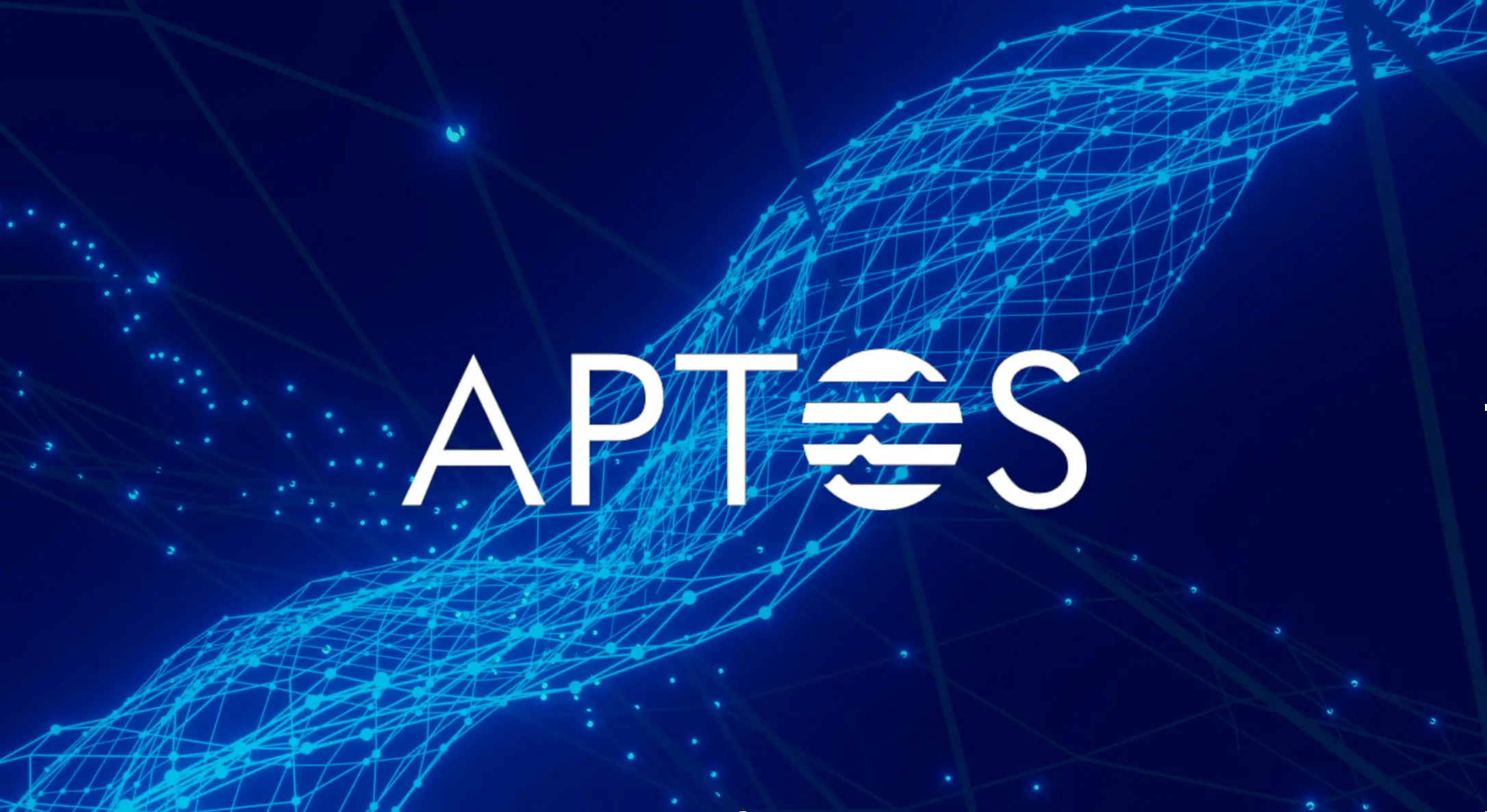Aptos Network Debates Cutting Staking Rewards to Encourage Real Participation
19.04.2025 10:00 2 min. read Alexander Stefanov
The Aptos blockchain could be heading toward a significant shift in its economic model, as developers propose reducing passive staking incentives to nudge participants toward more hands-on roles in the ecosystem.
A governance proposal—backed by key figures from Aptos Labs and the Mirage protocol—has reignited discussions about how rewards are distributed among validators and token holders. The plan calls for a gradual reduction of staking yields from roughly 7% to just under 4% over the next three months.
This isn’t simply a cost-cutting move. The motivation behind the change is to steer contributors toward more involved activities that benefit the broader network, such as powering data infrastructure, engaging in MEV strategies, or supporting new decentralized systems like DePIN.
At present, Aptos offers a competitive reward when stacked against other blockchains—higher than Ethereum, but below Cosmos. Yet some developers argue that a high, predictable yield may be attracting too many passive stakers rather than encouraging innovation or long-term value creation.
Critics of the proposal aren’t silent, though. Smaller validators fear being priced out if the emission-based rewards shrink without added support. Some community members are calling for the Aptos Foundation to introduce a delegation initiative that helps level the playing field, citing models used by other major chains.
To make the adjustment less disruptive, contributors have proposed new strategies to help validators offset the drop in staking income. These include monetizing node services, exploring transaction indexing, and tapping into alternative reward streams. The aim is to replace emissions-based returns with real, utility-driven value.
In parallel, the Aptos Foundation is being urged to rethink how it allocates stake across validators. Some suggest cutting ties with inactive or non-contributing nodes and prioritizing those that help move the network forward. It’s a call to reward not just uptime, but active ecosystem engagement.
While no final decision has been made, the proposal represents a broader philosophical shift: rewarding action, not just presence. For Aptos, the outcome could mark a turning point in how decentralized networks design incentives to scale sustainably.
-
1
Coinbase Adds ENA to Roadmap, Boosting Token’s Visibility
03.06.2025 12:00 1 min. read -
2
BlackRock Boosts Crypto Holdings with Over $350M in BTC and ETH
05.06.2025 18:00 1 min. read -
3
Crypto Enters a Make-or-Break Era, Says Industry Insider
04.06.2025 8:00 1 min. read -
4
ChatGPT Price Prediction of XRP, Solana, and Cardano by End of 2025
12.06.2025 18:57 3 min. read -
5
Pump.fun Reportedly Planning Massive Token Sale Despite Revenue Drop
04.06.2025 20:00 2 min. read
Pi Price Prediction: Top Community Member Believes PI Will Drop to $0.40
Pi Coin (PI) has gone down by 33% in the past month and has dropped below a key support at $0.60 as the community has been disappointed by a lack of updates from the Pi Core Team and delays in the migration of Pi tokens to the public mainnet. One notable supporter of Pi whose […]
Pepe Coin Slides but Signals Hint at a Potential Rebound
Pepe Coin is facing tough market conditions, with its price falling to $0.00001042 — over 36% down from its May peak and more than 60% below its all-time high.
Ethereum Loses Retail Momentum as Bitcoin Pulls Ahead
Ethereum is struggling to hold attention from retail investors, even as larger players ramp up their exposure to the second-largest cryptocurrency.
Fetch.AI Commits $50M to Token Buyback Amid Platform Growth
Blockchain project Fetch.AI has launched a $50 million buyback initiative for its FET token, citing rising platform usage and what it considers an undervalued market price.
-
1
Coinbase Adds ENA to Roadmap, Boosting Token’s Visibility
03.06.2025 12:00 1 min. read -
2
BlackRock Boosts Crypto Holdings with Over $350M in BTC and ETH
05.06.2025 18:00 1 min. read -
3
Crypto Enters a Make-or-Break Era, Says Industry Insider
04.06.2025 8:00 1 min. read -
4
ChatGPT Price Prediction of XRP, Solana, and Cardano by End of 2025
12.06.2025 18:57 3 min. read -
5
Pump.fun Reportedly Planning Massive Token Sale Despite Revenue Drop
04.06.2025 20:00 2 min. read


